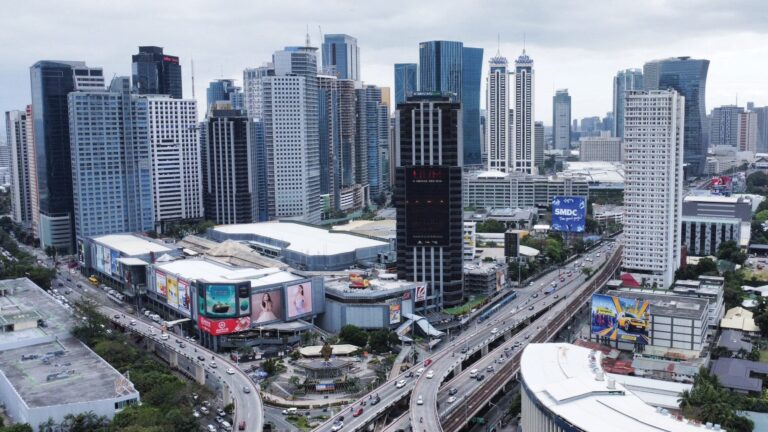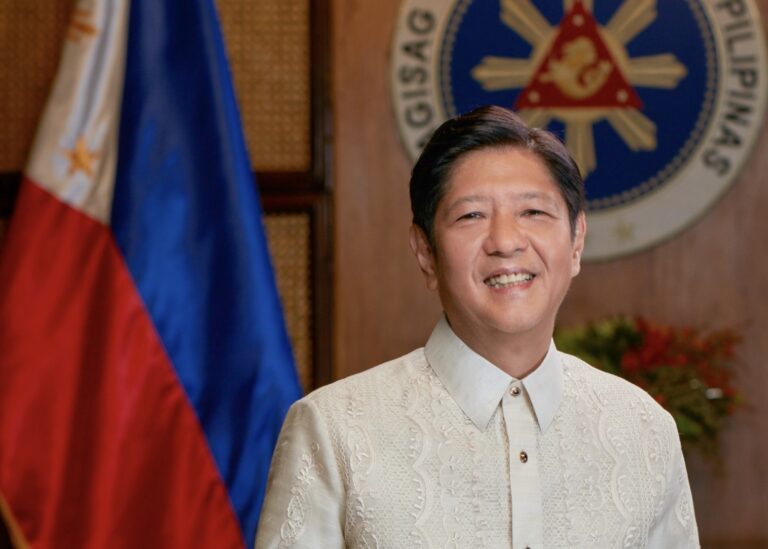By DIANN IVY C. CALUCINCutting the red tape in local government transactions was the first major step that Manila Mayor Honey Lacuna-Pangan took to make life better for Manileños.This step has greatly improved the people’s access to Manila City Hall services through Lacuna-Pangan’s flagship program – Kalinga sa Maynila - which allows her administration to prioritize public health, social welfare, and education.“This is why we have our Kalinga sa Maynila …
By DIANN IVY C. CALUCIN
Cutting the red tape in local government transactions was the first major step that Manila Mayor Honey Lacuna-Pangan took to make life better for Manileños.
This step has greatly improved the people’s access to Manila City Hall services through Lacuna-Pangan’s flagship program – Kalinga sa Maynila – which allows her administration to prioritize public health, social welfare, and education.
“This is why we have our Kalinga sa Maynila program, which brings to the barangays and districts the city hall services such as registration for social amelioration programs, free health checkups, civil registry services, job fair, and veterinary services,” the mayor-doctor said.
Kalinga sa Maynila (Pulong-Pulong sa Pagtulong) aims to reach out to all communities in the city through weekly or twice-a-week fora in different barangays.
It also brings the basic services of the city government directly to Manileños so the residents will no longer have to go to Manila City Hall thus, saving them time and transportation money.
The local chief executive initiated the program shortly after she was elected as the first female mayor of the capital city in 2022.
The program has reached at least 500 out of 896 city barangays.
“The services should be walking distance away from all residents whether they be seniors, persons with disabilities, solo parents, mothers, fathers, employees, business owners, students, and children. Kalinga sa Manila is a roving one stop shop of city hall services,” she added.
The mayor also significantly boosted the city’s revenues, socialized housing, and implementation of the city’s high-rise public housing projects while paying the loans incurred by the previous administration’s high-rise buildings.
“These are our major programs in Manila. Our governance innovation since the start of our term as mayor is to make public services directly relevant and conveniently accessible to the people,” Lacuna-Pangan said.
Fiscal responsibility, a hallmark of the Lacuna administration
With more efficient systems and procedures, her administration has been able to increase city hall revenue collections, leading to bigger budgets for services and funding of priority programs, especially for the poor.
According to the mayor, the tax revenues are seen to hit P15.9 billion, while non-tax income is forecast to reach P2.664 billion, for a total local revenue generation of about P18.6 billion.
“This means Manila generated locally 80 percent of the funds it needed to run its programs and projects. In 2023, local revenue generation funded 76 percent of the city’s budget. Contrast that to 2022, when local revenue accounted for nearly 50 percent of the budget,” she said.
She also disclosed that the city budget for 2024 was P23.2 billion, P22.2 billion for 2023, and P22.2 billion for 2022. For three years, Manila has had balanced budgets, which means that its expenses matched its income.
“From 50 percent to 80 percent local revenue share in funding the city’s needs, dependence on the national tax allocation and other sources was greatly reduced from 50 percent to just 20 percent. That is exemplary fiscal management by any measure and most certainly much better than the previous administration,” she pointed out.
High budget priorities on health, social welfare, education
“The city budget, the services it funds, and the time and effort we devote to deliver the services well speak volumes about the high priorities we give to public health, social welfare, and education,” she said.
For 2024, the Manila local government allocated P5.4 billion for health operations, P3.712 billion for social welfare, and P988.9 million for education. Personnel services expenses are at P6.05 billion or only 26 percent of the P23.2 billion total city budget, while maintenance and operating expenses are at P9.5 billion.
“Capital outlays are tempered in 2024 at only P251.662 million and in 2023 at P594.997 million because we needed to pay about P2.5 billion in loan amortizations for the edifice complex spending spree of our immediate predecessor,” she said.
“The high-rise housing projects that the spending spree funded have been a huge burden, more so because about 89 percent of the accounts of those residing in those projects are delinquent accounts. They are behind on their payment arrears,” she explained.
The city mayor said it is unfortunate for those high-rise residents that the agreements or contracts they entered into with the previous mayor are “disadvantageous” to them because they do not get to own the units awarded to them as they are considered “assignees” only and will not have ownership.
Meanwhile, as of this writing, Mayor Lacuna-Pangan’s “Land for the Landless Program” awarded land titles to around 313 residents.
“Our much better housing program costs the city much, much less, and is much better implemented because it is advantageous to the awardees,” the mayor also said.
She added that there will be 11 more lands or estates in the pipeline for adoption.






